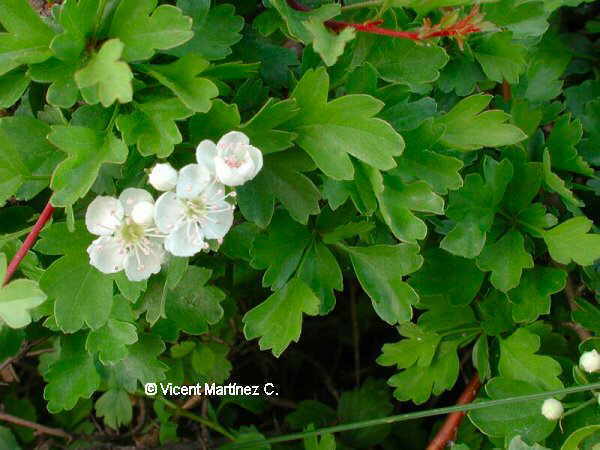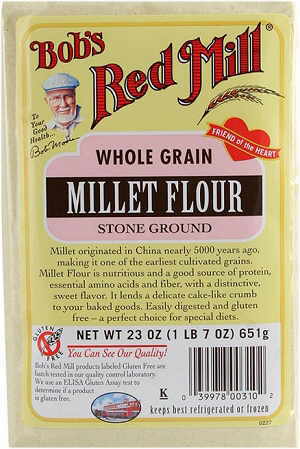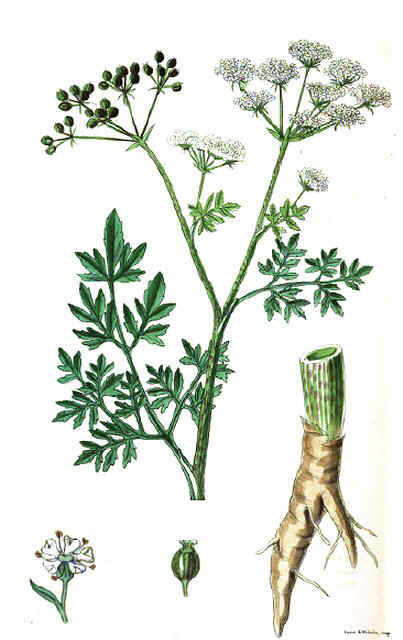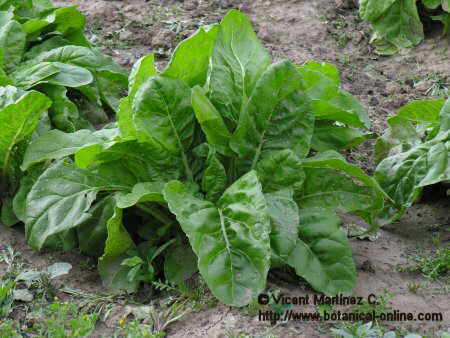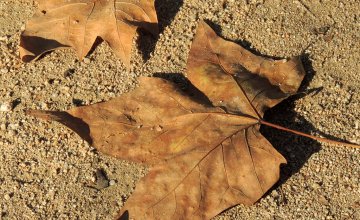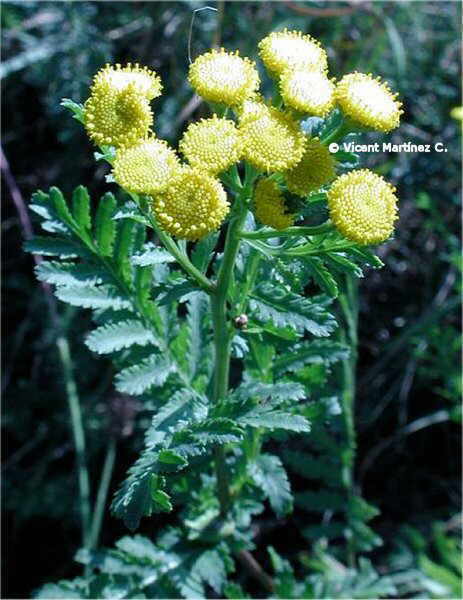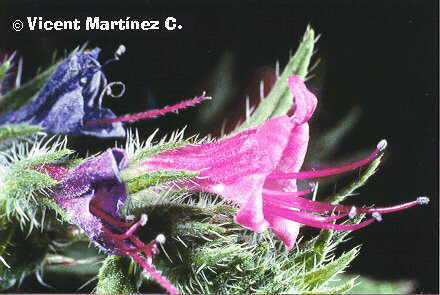Contents
Melissa officinalis growing tips
What is lemon balm like?
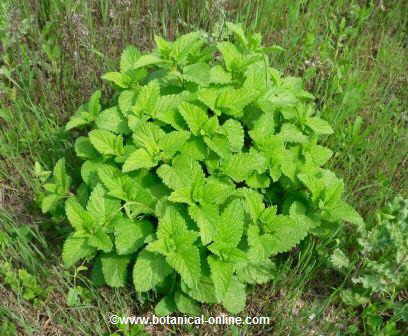
Lemon balm plant
Perennial plant of the Labiatae family of up to 80 cm tall. Stems erect, square, woody.
Leaves with very sharp teeth, with characteristic smell of lemon, stalked, oval.
White or pink flowers to 1.2 cm in diameter, gathered in whorls of up to 10 flowers. Chalice with many hairs. Bilabiate corolla; lower lips divided into 3 main lobes being the most prominent.
The name “Melissa” comes from a distinct lemon smell that their leaves produce.
It blooms from May to August. Its flowering is most prominent summer.
Natural from southern and central Europe. It grows wild in forests or along weeds in gardens in organic-rich soils in shady place. It can be grown in many gardens as a medicinal plant home and for pharmaceutical or cosmetic industry. (View properties in the listing below)
*More information: Lemon balm characteristics
Lemon balm watering
Moderate watering. It does not support stagnation so you must provide good drainage. Water,when the weather is dry, and after cutting it for collecting.
Where to grow it?
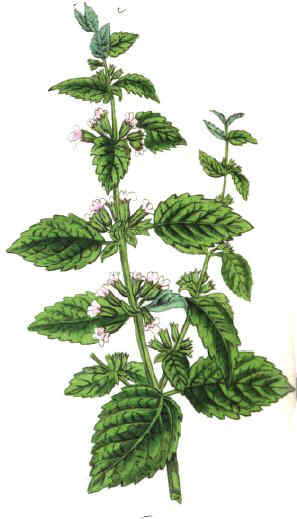
A drawing of the plant
Grow it in the sun or partial shade. It supports very low temperatures and dryness
Lemon balm reproduction
Lemon balm can be reproduced by one of the following three methods:
- Reproduce from seeds prepared in warm seedbed during late winter. Transplant in spring when the seedling has reached 10 cm.
- By cold seedbed in spring. Transplant in autumn.
- By division or cuttings in autumn.
Leave about 40 cm between plants.
Lemon balm maintenance
Eliminate weeds and turn the soil so as this to be always fluffy.
In field crops, prune at ground level in winter and cover the plants with mulch.
Lemon balm soil
Use medium soil. well drained, rich in humus with good depth. If planted in pots make a mixture of 2 parts of garden soil, one part of sand and one of compost.
![]() More information on lemon balm.
More information on lemon balm.

